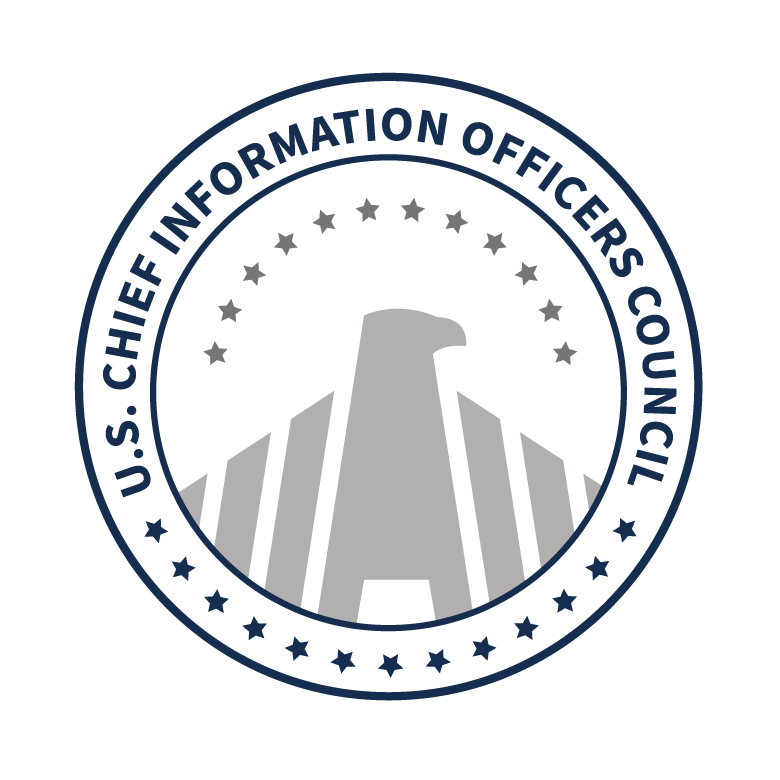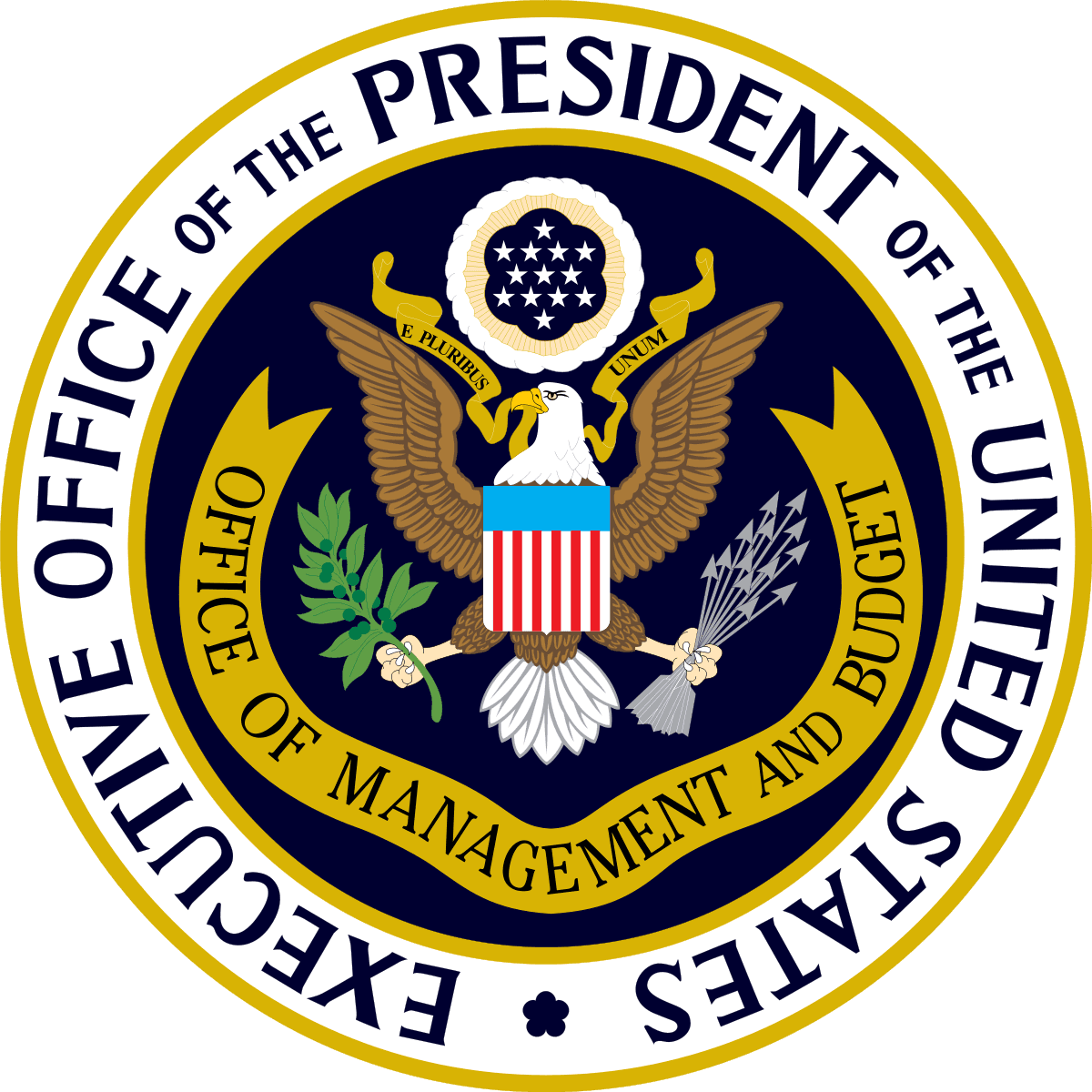4.4 Chief Financial Officer (CFO)
The agency CFO delivers timely, accurate, and reliable financial information to decision makers through efficient and effective financial systems and business processes, fosters effective stewardship of public funds, and safeguards fiscal integrity through effective internal controls. The CFO ensures compliance with federal financial integrity legislation, including the CFO Act. The Office of the CFO leads efforts to examine, identify, and implement administrative cost reduction initiatives and improve efficiencies across the agency.
An agency CIO should partner with the CFO to effectively manage the agency’s IT budget and portfolio. Aligning IT investments to the agency’s strategic business plans will ensure that IT investments are viewed as a key part.
An agency CFO is to report directly to the agency head on financial management matters. The CFO’s responsibilities are to include the following:
- Developing and maintaining integrated accounting and financial management systems;
- Directing, managing, and providing policy guidance and oversight of all agency financial management personnel, activities, and operations;
- Approving and managing financial management systems design and enhancement projects;
- Developing budgets for financial management operations and improvements;
- Overseeing the recruitment, selection, and training of personnel to carry out agency financial management functions;
- Implementing agency asset management systems, including systems for cash management, credit management, debt collection, and property and inventory management and control; and
- Monitoring the financial execution of the agency budget in relation to actual expenditures. (GAO. The Chief Financial Officers Act. September 1991.)
CFO Council
The CFOC was established by the Chief Financial Officers Act of 1990 (Public Law 101-576. Chief Financial Officers Act of 1990) to advise and coordinate the activities of the member agencies. The CFO Council is composed of CFOs and Deputy CFOs of large federal agencies, the Deputy Director for Management at OMB chairs the organization. It was established to advise and coordinate on member agency matters, including:
- Consolidating and modernizing of financial systems;
- Improving the quality of financial information;
- Financial data and information standards;
- Internal controls;
- Legislation affecting financial operations and organizations; and
- Any other financial management matters.
CFO.gov is where the Council shares priorities, key technology policies, news, and the programs and events sponsored by the Council. (CFO. Chief Financial Officers.)



